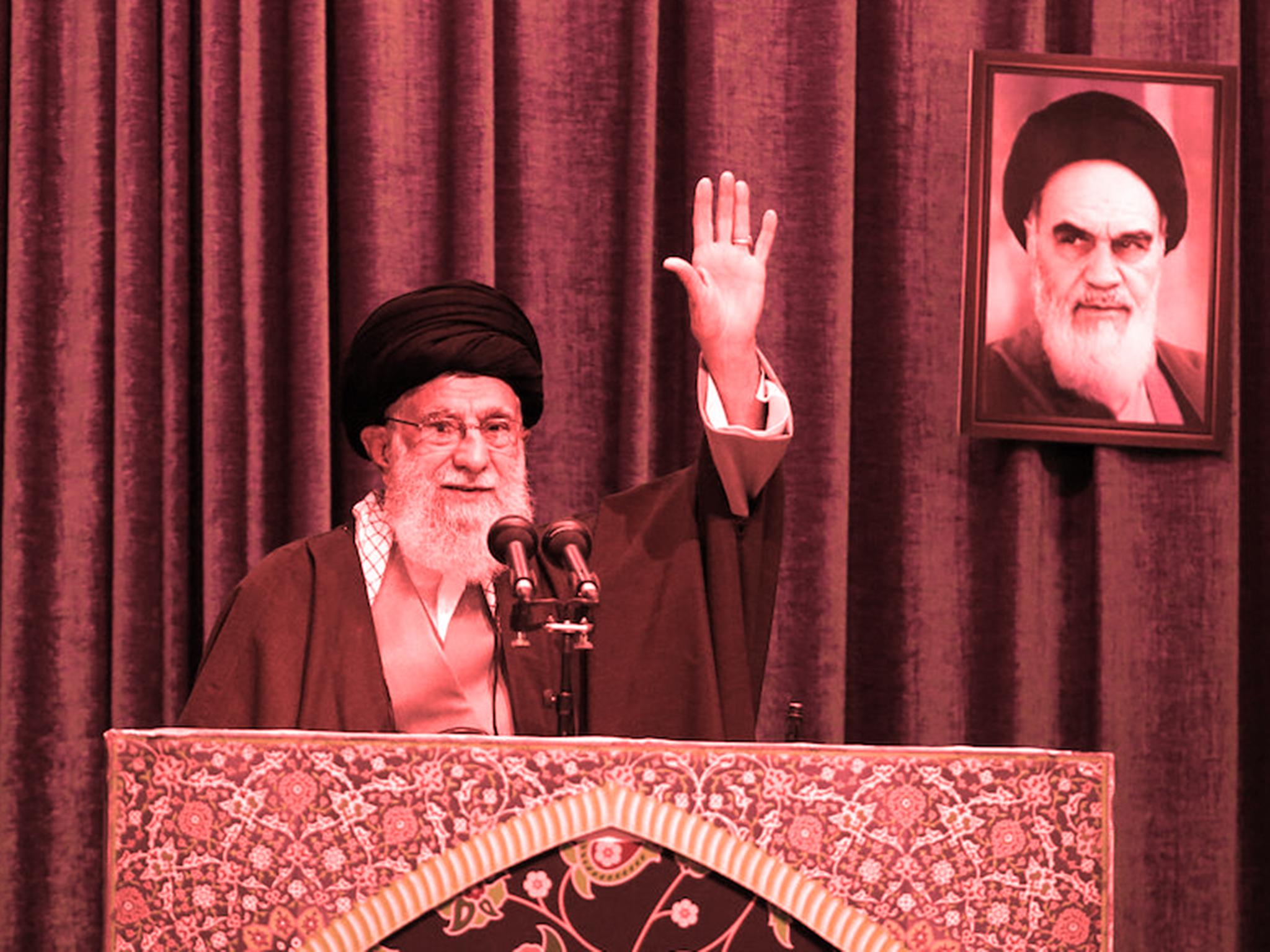How the Iran nuclear deal dispute mechanism works
- Referral to the joint commission
- Referral to foreign ministers
- Review by the joint commission
- Complaining party takes action
- UN security council votes on a resolution

Your support helps us to tell the story
From reproductive rights to climate change to Big Tech, The Independent is on the ground when the story is developing. Whether it's investigating the financials of Elon Musk's pro-Trump PAC or producing our latest documentary, 'The A Word', which shines a light on the American women fighting for reproductive rights, we know how important it is to parse out the facts from the messaging.
At such a critical moment in US history, we need reporters on the ground. Your donation allows us to keep sending journalists to speak to both sides of the story.
The Independent is trusted by Americans across the entire political spectrum. And unlike many other quality news outlets, we choose not to lock Americans out of our reporting and analysis with paywalls. We believe quality journalism should be available to everyone, paid for by those who can afford it.
Your support makes all the difference.Iran said it could quit the global nuclear Non-Proliferation Treaty if European countries refer it to the UN security council for scaling back its commitments under its 2015 nuclear pact with world powers, which the United States quit in 2018.
France, Britain and Germany formally triggered the agreement’s dispute mechanism this month, the strongest step they have taken so far to enforce a deal under which Iran was offered sanctions relief in return for curbing its nuclear work.
Donald Trump reimposed US sanctions on Iran after pulling Washington out of the pact.
After months of announcing gradual steps to reduce compliance, Iran said on 6 January it would scrap all limits on enriching uranium, saying the Europeans had failed to ensure Iran received the economic benefits promised in the deal.
The dispute resolution process takes up to 65 days to play out unless extended by consensus.
Referral to the joint commission
If any party to the nuclear deal, known as the Joint Comprehensive Plan of Action (JCPoA), believes another party is not upholding their commitments they can refer the issue to a joint commission, whose members are Iran, Russia, China, Germany, France, Britain and the European Union. (The United States was a member before it withdrew from the deal.)
The joint commission would then have 15 days to resolve the issue, unless it agrees by consensus to extend the time period.
Referral to foreign ministers
If any party believes the matter has not been resolved after that first step, they can refer it to the foreign ministers of the parties to the deal. The ministers would have 15 days to resolve the issue, unless they agree by consensus to extend the time period.
In parallel with - or in lieu of - consideration by foreign ministers, the complaining party or the party accused of non-compliance could also ask for the issue be looked at by a three-member advisory board. The participants to the dispute would each appoint a member and the third member would be independent.
The advisory board must provide a non-binding opinion within 15 days.
Review by the joint commission
If the issue is not resolved during the initial 30-day process, the joint commission has five days to consider any advisory board opinion in a bid to settle the dispute.
Complaining party takes action
If the complaining party is not satisfied after this and considers the matter to “constitute significant non-performance”, that party could “treat the unresolved issue as grounds to cease performing its commitments under this JCPoA in whole or in part”.
The complaining party could also notify the 15-member UN security council that the issue constitutes “significant non-performance”. In the notification the party must describe the good-faith efforts made to exhaust the joint commission dispute resolution process.
UN security council votes on a resolution
Once the complaining party notifies the security council, the body must vote within 30 days on a resolution to continue Iran's sanctions relief. A resolution needs nine votes in favour and no vetoes by the United States, Russia, China, Britain or France to pass.
Reuters
Join our commenting forum
Join thought-provoking conversations, follow other Independent readers and see their replies
Comments